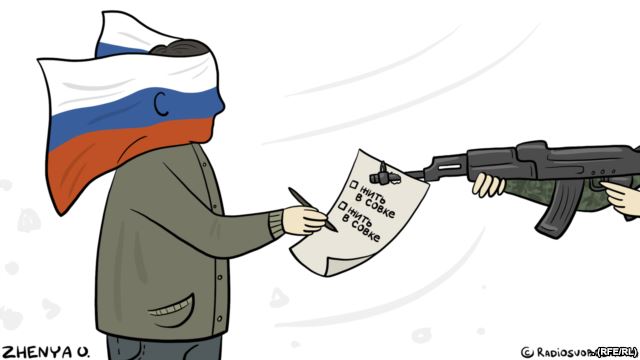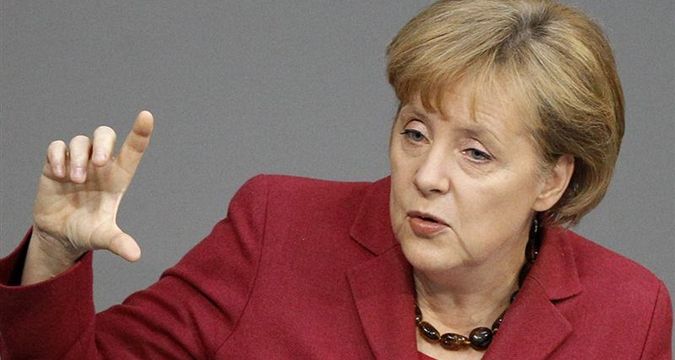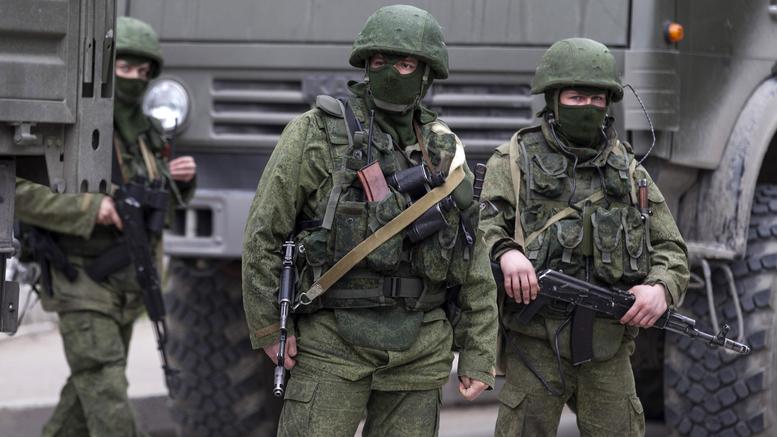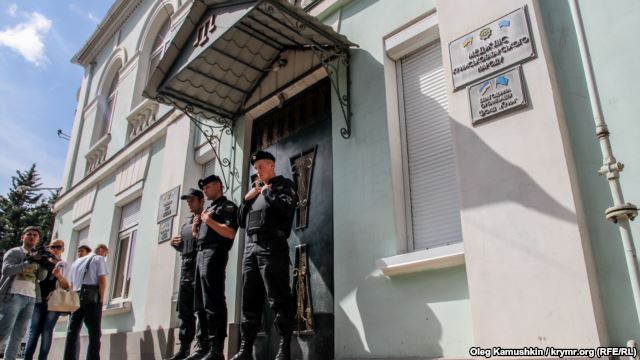“’Krimnashizm’” – as the ideologem “Crimea is Ours” is spelled in Russian – consists of a complex of eight myths that are intended to justify Vladimir Putin’s policies in Ukraine and mobilize support for it, Arkady Popov writes in a 4500-word heavily footnoted article in today’s “Yezhednevny zhurnal.”
The eight myths which form the core of “’Krimnashizm,’” in his telling are:
- Myth #1 : Crimea was given to Ukraine
- Myth #2: Russia has a historic right to Crimea
- Myth #3: The Crimean people have freely voted to rejoin Russia
- Myth #4: Taking Crimea from Ukraine was a matter of “extreme necessity.”
- Myth #5: Ukraine is an artificial state.
- Myth #6: The Euromaidan was fascist.
- Myth #7: Russia has risen from its knees.
- Myth #8: Incorporating Crimea is cost-free.
In today’s edition, the Russian historian and commentator examines the first of these myths, that “Crimea was given to Ukraine" and shows that none of the claims Putin and his propagandists have offered in defense of their seizure and occupation of the Ukrainian peninsula stands up to close examination.
The myth that Nikita Khrushchev took Crimea away from the RSFSR and gave it to Ukraine is “the very first brick in the edifice of ‘Krimnashizm.'” Many Russian writers had complained about Khrushchev’s action and Boris Yeltsin’s failure to criticize it, but it is perhaps instructive that Putin did not join that “chorus” until 2014, just before he invaded.
“The first feeling” one has in reading statements about Khrushchev supposedly “giving” Crimea to Ukraine is “perplexity,” Popov says. Khrushchev had only been first secretary of the CPSU Central Committee for four months, hardly time enough for him to have enough power to act on his own on something like this.
Moreover, the “Krimnashizm” ideologists act as if Crimea were the only example of part of one republic being transferred to another. In fact, it happened quite frequently – for a listing, see this author’s, “Can Republic Borders Be Changed?” RFE/RL Report on the USSR, 28 September 1990) --and in Soviet times never with any consultation with the peoples involved.
According to Popov, there are three variants of the myth about Khrushchev giving away Crimea: the alcoholic one, the holiday one, and the political one. None is accurate. Khrushchev wasn’t drinking when the decision was made. It didn’t occur at a time linked to any particular holiday. And transferring Crimea to Ukraine might have been expected to cost him more support among Russian CPSU officials than any gains he would make among the less numerous Ukrainian ones.
Politics was involved in the decision, but not the kind the “Krymnashists” describe. After the death of Stalin and the removal of Beria, Moscow faced the problem of expanding agricultural production. Crimea was a disaster area but had the climate and soils to be a productive place.
Khrushchev and Georgy Malenkov visited Crimea in 1953 and concluded that it could be developed if it got water from Ukraine. Without that, its agricultural production would not go up and consequently linking the area to Ukraine instead of the RSFSR made sense, given the policy priorities of the leadership in Moscow.
What should have happened, of course, Popov writes, was the return of the peninsula to the Crimean Tatars “but apparently the time for such radical decisions had not yet come: from the moment of the death of Stalin had passed less than a year,” and Khrushchev’s rehabilitation of the punished peoples lay in the future.
As far as Khrushchev’s “’voluntarism’” on Crimea is concerned, there is no basis for such claims, the historian says. “In January 1954, Khrushchev's power was still not so strong that he could decide such questions on his own.” And it is clear that he spoke with other members of the leadership and they collectively agreed.
When claims to the contrary fall away, present-day “Krymnashists” argue that Khrushchev didn’t follow constitutional procedures, when in fact he did as much as any other Soviet leader, or that there wasn’t a proper quorum when in fact the record shows otherwise, Popov points out.
And when those are pointed out, the “Krymnashists” try to make a special case out of Sevastopol. But there too, there is no evidence for their contentions that that city was special in a territorial sense. The only reason this false argument is raised, he suggests, is that in 1993, Khasbulatov’s Supreme Soviet declared that Sevastopol [a part of the already-independent Ukraine] had “federal status” [in Russia].
“This absurd degree was disavowed by the president of the Russian Federation and the Ministry of Foreign Affairs of the Russian Federation, and the UN Security Council at a special session declared that this decree did not have legal force,” Popov writes. At that time, Russia’s permanent representative did not cast a veto.
Those who raise questions about the transfer of Crimea from the RSFSR to Ukraine clearly forget that there are a lot of other places where similar questions could be raised: Tuva, Vyborg, the island of Sakhalin, the Kaliningrad exclave, Karelia, and so on. Thus, making these kinds of arguments about Crimea is potentially very dangerous.
Many of the “Krymnashists” also attack Boris Yeltsin for not demanding “the return” of Crimea in 1991 when the USSR fell apart. But they forget two things: the peaceful dismantling of the Soviet Union was predicated on the absolute acceptance of the union republic borders as fixed and that Ukraine, including Crimea, has just voted to leave the USSR.
To have challenged those borders would have opened “a Pandora’s box” for Russia and all the others, Popov says.
“All myths,” the historian concludes, “offer a false picture of the world,” but artistic ones do not claim they are real. “Political myths are something else: their inventors and distributors angrily insist that in them is given the only reliable conception of reality” and that they must be respected regardless. And that makes them dangerous, even for those who employ them.
2. Moscow’s claims of ‘historic right’ to Crimea don’t stand up, Popov says
3. Popov demolishes third ‘KrymNash’ myth – that Crimean people freely expressed their will
4. Fourth Putin myth about Crimean Anschluss without foundation, Popov says
5. Fifth myth of Krymnashism – Ukrainian statehood is ‘artificial’ – demolished by Popov
6. Popov demolishes sixth Krymnash myth of ‘Fascist Euromaidan’
7. Seventh KrymNash myth — that annexation was a response to West’s denigration of Russia — baseless, Popov says
8. Popov demolishes last KrymNash myth — that Crimean Anschluss hasn’t cost Russia anything





